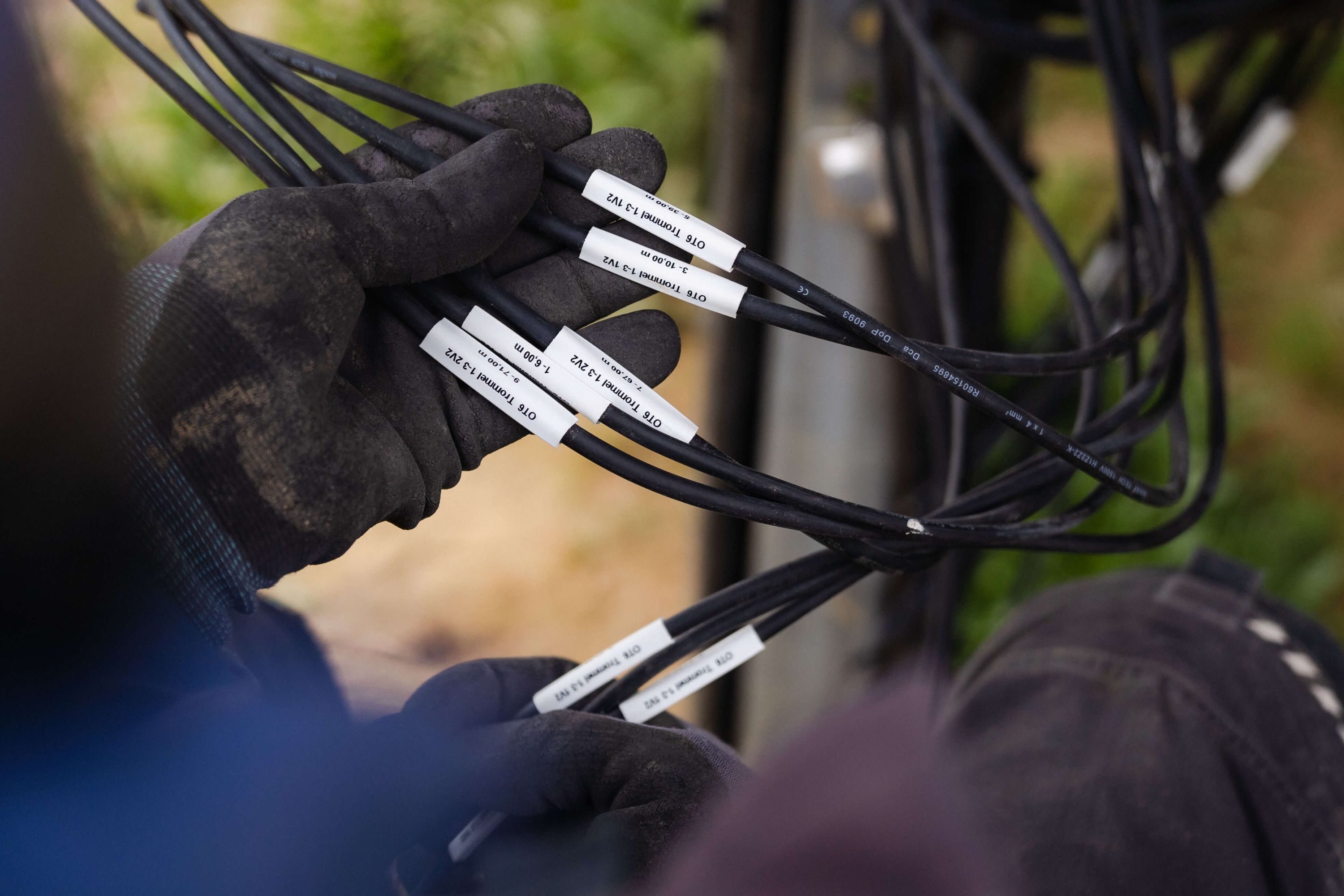Why Custom Cable Solutions Are Key to PV System Efficiency
Discussions about efficient solar power plants often focus on modules and inverters. However, one often overlooked factor plays a crucial role in determining the performance and durability of the entire system: the quality and design of the cabling. Especially in large-scale projects, custom cable solutions can make all the difference.
The Hidden Efficiency Factors
The impact of cabling on system efficiency is multifaceted:
Electrical Losses:
Voltage drops due to excessively long cable runs
Increased resistance from suboptimal cross-sections
Power losses at poor connection points
Additional losses from unnecessary cable reserves
Mechanical Aspects:
Strain caused by improper cable routing
Damage risks from unsuitable installation practices
Aging due to UV exposure and weather conditions
Mechanical stress at connection points
From Standard Solutions to Customized Configurations
Optimizing cable solutions requires a holistic approach that goes far beyond standard options. Project-specific design prioritizes the precise calculation of every cable route, with cross-sections tailored to power demands and cable types selected based on installation methods. Local environmental conditions play a crucial role in the planning process.
System integration ensures seamless alignment with generator junction boxes and guarantees compatibility of all connectors. Monitoring systems are smoothly incorporated, with designs already accommodating future expansions. During installation, pre-assembled wiring harnesses are utilized, featuring clear labeling systems and thoughtful cable routing to enable efficient and streamlined setup.
Planning Aspects for Maximum Efficiency
Achieving the optimal cable solution requires systematic planning:
System Analysis:
Detailed mapping of all cable routes
Calculation of current loads
Analysis of environmental conditions
Evaluation of specific requirements
Optimization Potential:
Minimization of cable lengths
Optimization of cross-sections
Reduction of connection points
Simplification of installation
Quality Assurance:
Selection of high-quality materials
Professional pre-assembly
Standardized testing processes
Comprehensive documentation
Practical Economic Benefits
The implementation of tailored cable solutions delivers multifaceted economic advantages.
Direct Cost Savings:
Reduced material costs through precise dimensioning
Minimal waste thanks to accurate pre-fabrication
Lower installation costs due to optimized setup
Minimized power losses through ideal configuration
Long-Term Benefits:
Increased system availability
Reduced maintenance costs and minimized downtime risks
Extended component lifespan, highlighting the sustainability of the investment
Operational Advantages:
Faster installation and simplified maintenance
Improved fault diagnosis
Transparent documentation for efficient management
Integration into the Planning Process
Successful implementation requires early consideration:
Project Planning:
Defining the system structure
Determining cable routes
Calculating loads
Selecting components
Engineering:
Detailed cable layouts
Bill of materials and specifications
Installation manuals
Testing guidelines
Quality Control:
Factory testing
Documented pre-assembly
Final system inspections
Acceptance protocols
Conclusion: Customized for Success
Investing in tailored cable solutions is a fundamental cornerstone for optimizing modern PV systems. Far beyond a mere technical enhancement, this holistic approach sets new benchmarks in system efficiency by synergistically combining precise planning, high-quality components, and professional execution.
Early integration of cable optimization into the planning process maximizes the achievable benefits and lays the foundation for sustainable system operations. These customized solutions have evolved from an option for specialized requirements to an essential standard for forward-thinking PV projects that demand the highest levels of efficiency and reliability.
